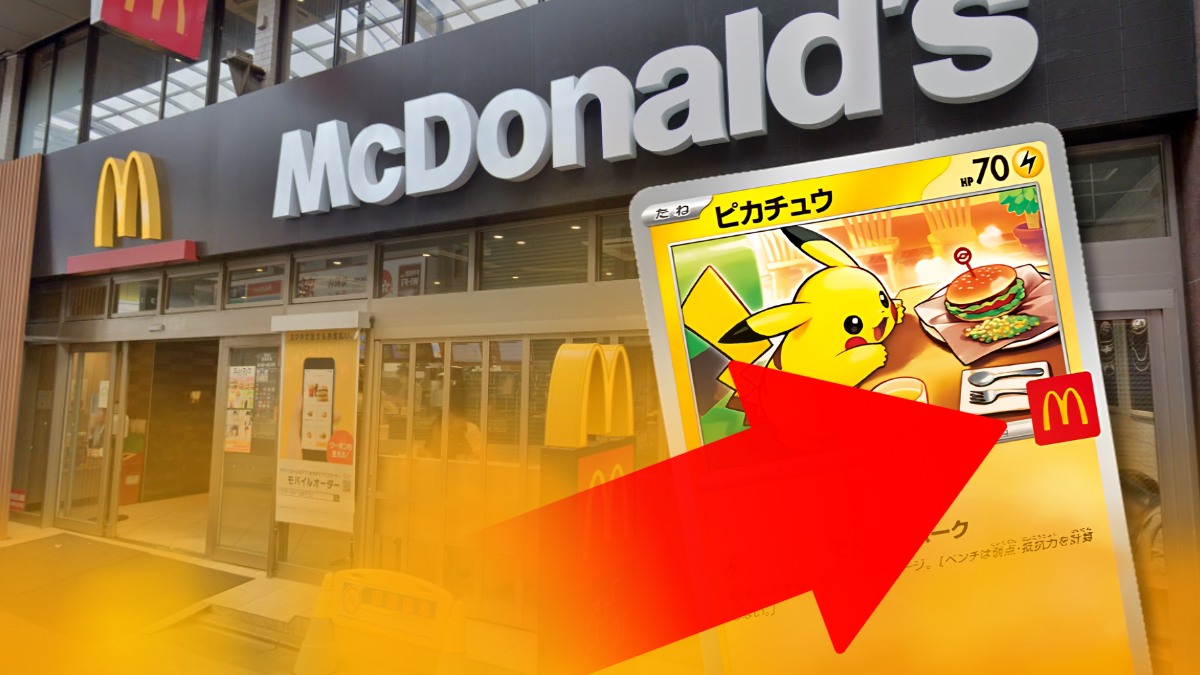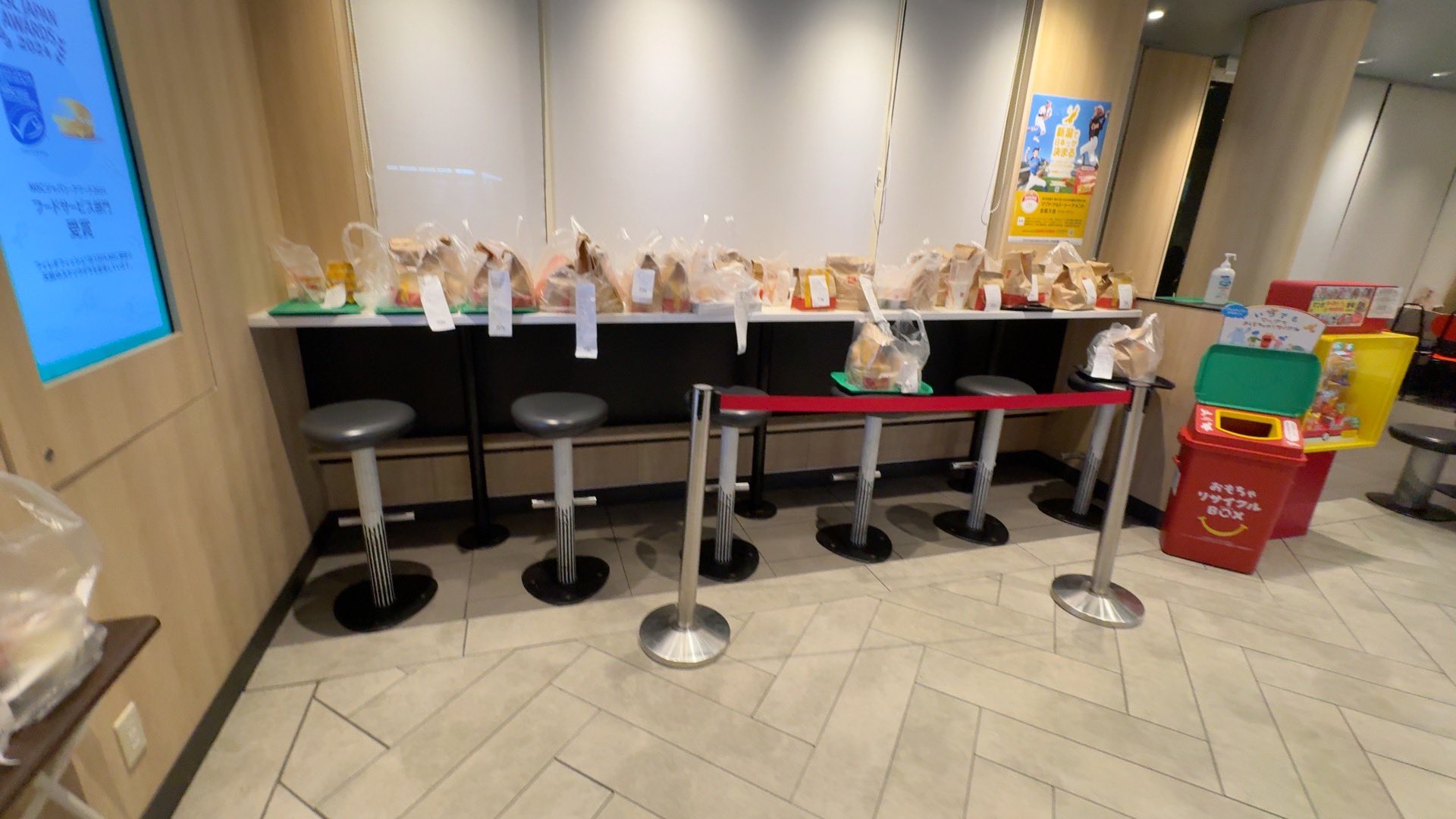Scalpers Force McDonald’s Japan to End Pokemon Happy Meal Promo Within Hours

A three-day Pokémon card Happy Meal promotion at McDonald’s Japan, planned for August 9 to August 11, ended in less than a day after reports of large-scale scalping and widespread food waste. The campaign offered customers who purchased a Happy Meal, a set meal primarily aimed at children, a pack of two random cards from a pool exclusive to the promotion. Among the cards was a Pikachu design featuring a special McDonald’s stamp and a new printing.
According to McDonald’s Japan, the promotion “resulted in some customers purchasing large quantities of Pokémon for the purpose of reselling, which led to congestion and confusion in and around our stores as well as abandonment and disposal of ordered food.”
On August 11, the company issued a public apology to Pokémon fans, stating it “does not tolerate the purchase of Happy Meals for the purpose of resale, or the abandonment or disposal of food.” The company confirmed that it would impose stricter purchase limits in future campaigns and request that all flea market app operators take more effective measures to curb malicious hoarding and resale activities by some users.
During the campaign, Happy Meals were priced at approximately 500 yen (about $3.60), with a stated purchase limit of five meals per person. Reports indicated that some buyers bypassed the limit by using multiple mobile accounts. Individual McDonald’s Pokémon cards were listed for resale at around $28, with bulk sales leading to potential profits exceeding $82,000 in some cases.
Scenes shared on social media showed unopened bags of Happy Meals left inside McDonald’s stores or abandoned outside, sometimes in piles or placed in bicycle baskets.
|
In Shibuya, videos captured burgers and fries scattered on the streets, with pigeons eating from discarded bags. Other footage showed individuals placing multiple bags of Happy Meals into rubbish bags.
|
|
The nature of the cards themselves and the way they are distributed mirrors a long-standing point of discussion in the Pokémon franchise: the resemblance between randomized card packs and gambling-style mechanics. Physical Pokémon Trading Card Game booster packs are sealed products with a random assortment of cards, a model that researchers and critics have compared to loot boxes in video games. In most jurisdictions, these physical packs are not classified as gambling, but they share structural similarities—buyers repeatedly purchase sealed products in hopes of receiving rare cards. More recently, in the mobile title Pokémon Trading Card Game Pocket, players open daily digital booster packs by selecting a theme such as Mewtwo, Charizard, or Pikachu from a carousel. Each pack contains five cards, but the developers have not confirmed whether the chosen theme affects the contents, stating they are “unable to share specifics at this time.”
Similar large-scale disruptions have happened before. In January, police dispersed a crowd of about 1,000 people at Singapore’s Changi Airport during the launch of a new card set at the Pokémon Center there; the event was cancelled due to safety concerns. In 2023, a collaboration between The Pokémon Company and the Van Gogh Museum in Amsterdam was affected by scalping when a special promo card, “Pikachu with Grey Felt Hat,” given to customers with any purchase, appeared for sale on auction sites for over $600.


